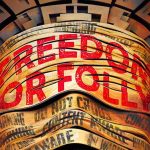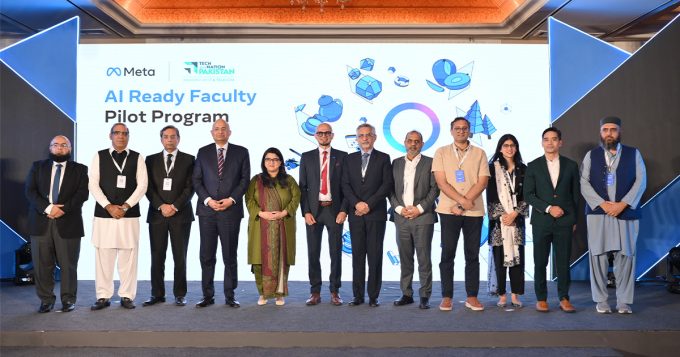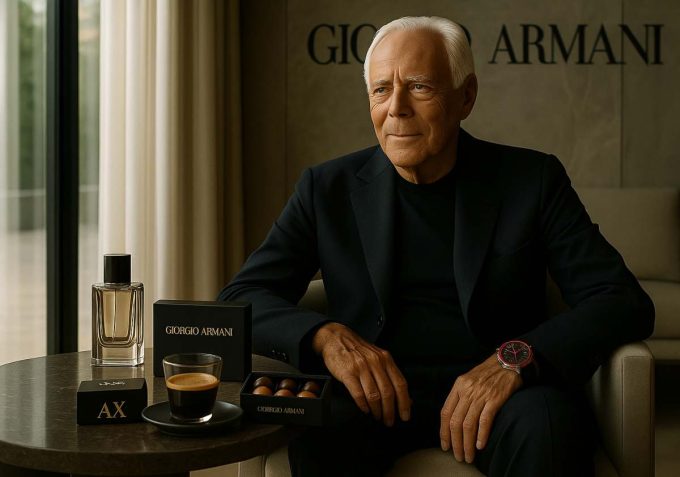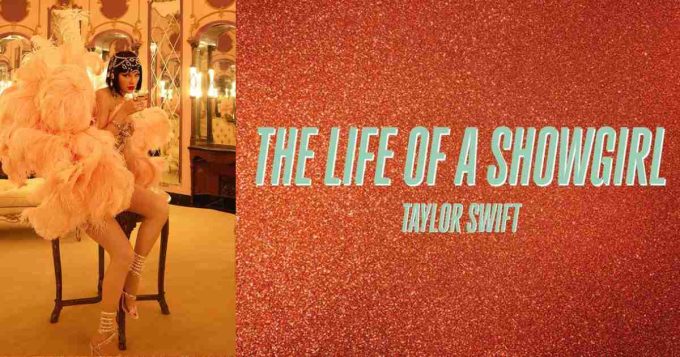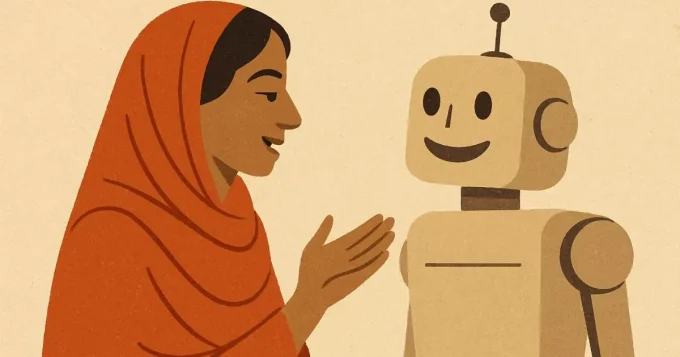The world of creativity is changing fast and not in a way that’s exciting. The promise was that technology would unleash creativity, open doors for new voices, and break down barriers.
Instead, what we’re seeing is a slow strangling of originality by algorithms and AI. And I’m not just talking about a few weird pictures or isolated cases. This is systemic, and it’s happening right now.
The Rise of AI and Algorithms in Creative Work
I get it, AI tools are helpful. They speed up boring tasks, help with brainstorming, and even inspire ideas we might not think of.
But AI and algorithms have become the new filters in creative industries. From marketing to music, from art to writing, these tools decide what gets seen, shared, and rewarded, and that’s a huge shift. It does not matter if they’re good or not; if the algorithm doesn’t like it, then no one sees it.
According to MarketingTechNews, 55% of marketers are already using AI in content production. These AI tools help with everything from writing first drafts to optimising content for search engines.
That sounds helpful, right? But when more than half of marketers rely on AI to create content, it’s no longer just a tool; it is creating a persona of what creativity looks like. Task fulfilment is now more important than making an impact in the advertising world.
People who spent hours crafting a story now let AI generate the first draft. Speed and efficiency are the most important aspects of work. And it’s not just marketing. The art world is also transforming.
Zipdo reports that AI-generated art sales increased by 60% from 2020 to 2023. People are buying art created by algorithms. That’s wild, weird, strange and honestly, a little scary.

AI is Driving Efficiency, But at What Cost?
Warren Daniels, CMO at Bynder, points out that AI should be a mechanic that frees creatives to focus on what matters. But the truth is when algorithms control what gets attention, what matters the most becomes what the algorithm likes and not what humans want.
As a content manager, I’ve felt this pressure myself. Eventually, you start thinking less about what you want to “say’’ and more about what will “perform” on social media. Creativity is now all about clicks, likes, and shares.
No matter how creative or innovative your idea is, if your work doesn’t fit the algorithm’s formula, it will be buried in the pile of repetitive, same-structured content.
That’s not creativity. That’s playing a game where the rules are invisible and you have to fit yourself in the box.

Are We Feeding Content to People or Data?
This is the question that I think about every day. Algorithms don’t care about depth, relatability or emotional connection. They want engagement; clicks, shares and watch time so creators optimise their work to please the algorithm, not the audience. To put it in simple words, according to the algorithm, good engagement is directly proportional to good content.
This creates a vicious cycle. The algorithm rewards content that fits its formula, pushing creators to copy what works instead of taking risks. The result is a flood of predictable, safe, and monotonous content that drowns out originality.
I hate to say it, but creativity today is often about feeding data back to machines, not feeding people’s minds and hearts.

Search Engines Are No Longer Organic
If you, like me, used to believe that search engines were simply neutral, pointing us to the best, most organic human-made content out there, it’s time for a harsh dose of reality. They are not. Not anymore, atleast.
AI is now deeply embedded in how search engines work, changing the very nature of what we see when we “Google” something. And honestly, it’s shocking.
As of January 2025, about 16.5% of Google’s search results are AI-generated content, a significant chunk that has exploded from just 2.3% before GPT-2’s release five years ago.
Think about that for a second, nearly one in six of the top search results you see are produced or heavily influenced by AI, not by a human writer, researcher or creator. It feels like the internet, the very place we go to find information, is becoming a machine talking to itself.
And it gets worse. AI-driven “overviews” or summaries now pop up in 47% of Google search results, giving you instant answers right there on the search page, so you don’t even need to click through to a website.
While it might seem convenient, it’s killing organic web traffic. This shift has caused a 15% to 25% drop in visits to actual websites, because why click when the AI has already given you the gist? It feels like a massive content black hole, swallowing up the very traffic that sustains countless human creators and businesses.

The rise of AI-powered search platforms like ChatGPT, which hit 10 million monthly mobile downloads since late 2022, and others like Perplexity.ai, is pulling people away from traditional search.
I hear young people openly talk about using chatbots for everything. Even Google itself seems to be leaning into this, with AI features reportedly driving a 10% increase in search usage in major markets.
For me, this isn’t just about search rankings or SEO. It means the very foundation of how we discover information and consume content is no longer in human hands.
Search engines aren’t “search” engines anymore, they’re ‘’AI-answer engines’’, that filter, summarise, and often replace human-made content with machine-generated answers.
I can’t help but feel like the playing field is tilting dramatically, making it harder than ever for genuine human voices to be found. If you’re not adapting to AI’s dominance in search, you’re essentially becoming invisible as the internet landscape shifts beneath our feet.
The Split in Creative Industry Opinions
The creative industry remains divided on the role of AI, torn between embracing innovation and protecting human expression. 80% of creative executives see AI as a tool to help human creativity. But 55% of advertising creatives believe AI actually helps generate more innovative ideas. That split shows the tension. Some embrace AI as a partner, others see it as a shortcut that risks killing creativity’s soul.
From what I’ve seen, the shortcut often wins. The pressure to produce more, faster, and with guaranteed engagement means AI-generated or AI-assisted content floods the market and originality gets lost in the noise.

The Brutal Truth About Creativity Today
Creativity is meant to be messy, unpredictable, and deeply human, yet today, it’s steered by cold, calculating algorithms that favour predictability and reward repetition. I’ve talked to creators who feel like they’re just “playing the algorithm” rather than creating something meaningful.
This isn’t a small problem; reducing creativity to data points strips away diversity of thought and silences opportunities to challenge norms. We will soon end up with a loophole where everything will look the same.

How to Know If You’re Delivering Valuable Content or Just Raw Data?
If you want my honest opinion, valuable content is about connection. It’s about making someone feel something, think differently, or see the world through a new lens. Raw data? That’s just a filler.
Ask yourself:
- Are you creating for people or for machines?
- Are you telling a story or just feeding keywords?
- Are you adding your unique perspective, or are you recycling what’s already trending?
If you can’t answer these questions confidently, you might be delivering raw data instead of valuable content.
What Needs to Change
Honestly, I’m not against AI, nor am I saying that we should throw AI out the window. It can be a powerful tool when used correctly. But we need to understand the difference between “use’’ and “dependency’’.
Creators must reclaim their roles and resist the urge to optimise solely for algorithms. Platforms must be transparent about how their algorithms operate—and take responsibility for the culture they help create. Audiences should demand originality and support creators who take risks.
Because if we don’t, creativity will become a bland commodity that will be mass-produced, predictable, and soulless.

Algorithms and AI will keep evolving, but creativity is human. It’s the only thing that can not be replicated. It’s messy, imperfect, and sometimes uncomfortable. That’s what makes it beautiful because sometimes “Daagh tou achay hote hein’’ (haha).
The brutal truth is that algorithms have hijacked creativity. But it’s not too late to fight back. We just have to ask ourselves who we are creating for: people, not data.



